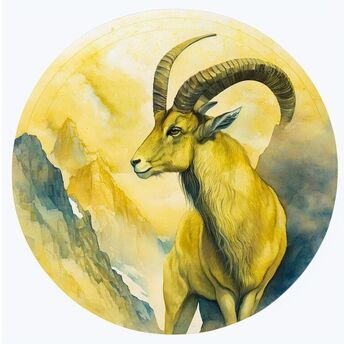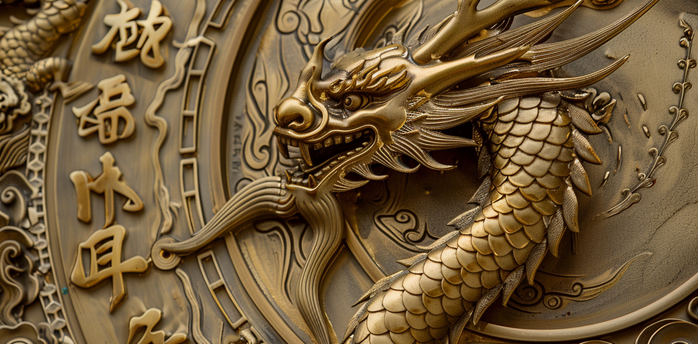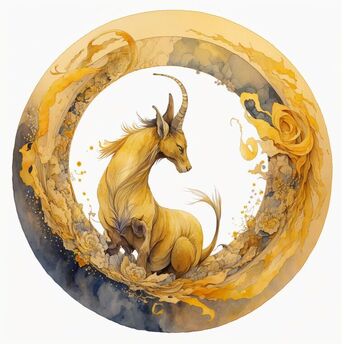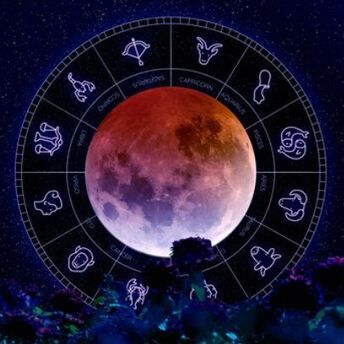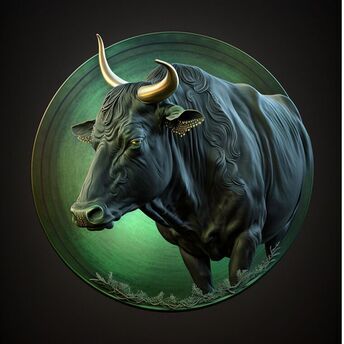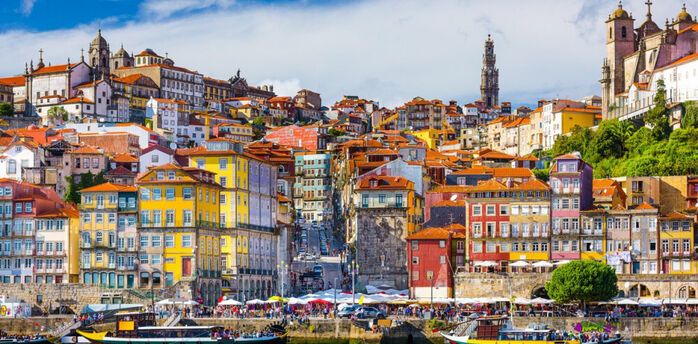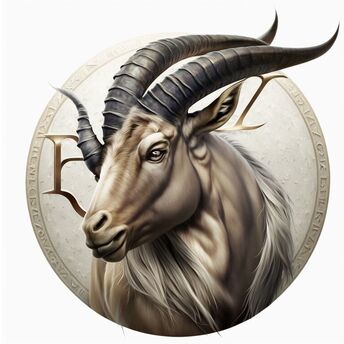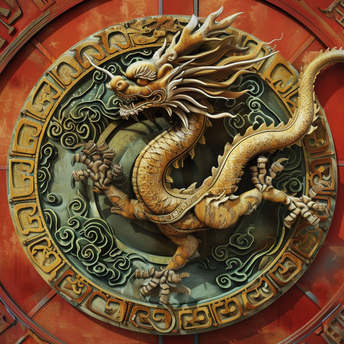A country for gourmets: why India is considered the homeland of all spices
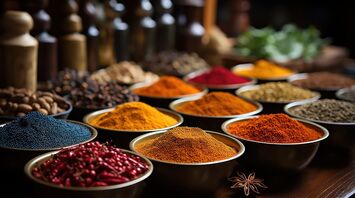
Since ancient times, India has been renowned for its abundance of spices, transforming into a veritable aromatic paradise for gourmets and traders worldwide. The enigmatic flavors of cardamom, turmeric, and coriander have become integral to Indian culture and culinary heritage.
However, few are aware of how this remarkable country ascended to become a global leader in spice production and export. Newsbytesapp delves into how India earned its esteemed reputation.
Origins of Spice Knowledge
India, often dubbed the "land of spices," presently stands as a global frontrunner in the industry, offering a rich array of flavorful treasures from various regions across the country.
Its history, steeped in millennia of tradition, positions it as a principal source of herbs and spices for numerous cultures. To grasp India's culinary essence, one must delve into the significance of spices.
According to research by Exclusivelane, Indian spices were referenced in ancient Vedic texts such as the Rigveda, Yajurveda, Samaveda, and Atharveda, underscoring their significance in ancient customs and culture.
Spice Discoveries by Other Nations
Throughout history, India has captivated the attention of diverse cultures and peoples, including the Assyrians, Babylonians, Romans, Arabs, Chinese, British, Egyptians, and Portuguese, owing to its natural resources and treasures.
During colonial rule, the British exploited India's riches, including spices like cinnamon, cumin, pepper, turmeric, and coriander, amassing vast wealth estimated at 45 trillion.
Portuguese navigator and explorer Vasco da Gama also transported substantial quantities of nutmeg, peppercorns, ginger, and cloves from India to Portugal, enriching European culture and cuisine.
In ancient times, the Greeks frequented the ports of South India to procure spices, while the Parthian Wars were waged to safeguard trade routes to India. Over time, numerous nations embarked on culinary expeditions to India in quest of diverse spices and other luxury commodities.
India's Emergence as a Spice Supplier
The fascination of developed nations with India's spice diversity elevated it to a major supplier. From saffron to black pepper, India presents a vast array of herbs and spices. Of the 109 spices recognized by the International Organization for Standardization, 75 trace their origins back to India.
By emerging as the largest producer, exporter, and consumer of spices, India has paved the way to becoming a global hub for the industry.
In 2013, Business Standard magazine reported that Kochi in Kerala had become India's spice trade epicenter following the establishment of an international organization to coordinate this trade.
Presently, Indian spices find widespread use in nearly every cuisine worldwide.

